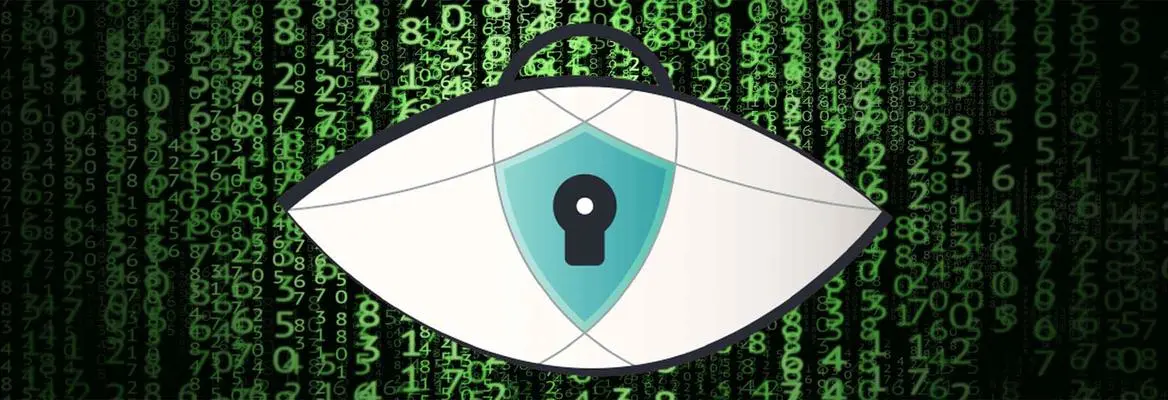As Russia and Ukraine are engaged in conflict, espionage has hit the headlines once again, with documents leaked from the Pentagon highlighting the US has been spying on Russia. All the while, numerous questions emerge; is spying ethical? If so, are both Russia and Ukraine justified in spying? And could spying help bring a swift end to conflict. In this article, Cécile Fabre argues that there is a moral case for spying, but it’s not as clear-cut as one may think.
Espionage is a handmaiden of war. Indeed, coverage of the war in Ukraine has highlighted the work of intelligence agencies from both sides – be it their successes or failures. The coverage is about facts: US intelligence services broadly correctly predicted the timing of the invasion but failed to take the measure of Ukraine’s ability and willingness to resist; Russia’s intelligence services made serious mistakes in the early stages of the war but are learning from their failures, etc. There is little discussion, if any, of whether those espionage activities are morally permissible.
 SUGGESTED READING
What Hobbes really thought about war
By Silviya Lechner
SUGGESTED READING
What Hobbes really thought about war
By Silviya Lechner
This is not surprising. Espionage is as old as war. All states do it – in peacetime as well as during war - and as long as their agencies do not collect intelligence via morally reprehensible means such as torture, there are no moral objections to it, particularly in wartime. In fact, on some views, notably articulated by the military strategist and general Sun Tzu in the 6th BC, espionage is a duty of states. Sun Tzu's classic treatise The Art of War ends with a ringing endorsement of spies who, we are told, “are a most important element in war, because on them depends an army's ability to move.” According to Sun Tzu, espionage helps shorten the war and minimise the suffering of the ruler’s subjects. For that reason, a ruler who refuses to use spies, notably on the grounds that spies are too expensive to maintain, is therefore “completely devoid of humanity.”
And yet, Immanuel Kant - one of the greatest, most profound moral philosophers in the history of philosophy, whose conception of morality is one of the foundation stones of the laws of war – condemns espionage in all its forms. Espionage, according to Kant, is inherently deceitful. It undermines trust between belligerents and increases the risk that they will fight wars of mutual annihilation, thereby jeopardizing prospects for peace. It inevitably leads to peacetime espionage, which vitiates trust between peacemakers and thereby destroys whatever peace has been painstakingly achieved. Espionage, according to Kant, far from being a duty, is an ‘infernal art’.
___
According to Sun Tzu, espionage helps shorten the war and minimise the suffering of the ruler’s subjects
___
Those two diametrically opposed views of espionage are similar in one important respect: they apply to all belligerents, irrespective of the kind of war which they fight. If Sun Tzu were writing today, then, he would say that both Russia’s and Ukraine’s leaders are under a duty to resort to espionage. Kant would object that none of those leaders should do it. When it comes to espionage, there is moral symmetry between opposing sides.
Contrast with judgements about war in general, and this war in particular. Philosophers, politicians, policymakers, indeed citizens, routinely castigate wars of aggression as unjust, and wars of national self-defence as just. Russia’s invasion, the consensus goes (at least outside Russia and its allies), is not just unlawful: it is morally wrong. Ukraine’s response – her unwillingness to surrender – is not just lawful: it is morally right. How can it be, then, that as Sun Tzu would have it, both President Putin and President Zelensky are morally permitted, indeed are under a moral duty, to deploy their intelligence agencies in the service of their respective country’s war effort? Contrastingly, given that Ukraine’s war is just, can it really be the case that, as Kant would have it, President Zelensky may not resort to espionage any more than President Putin may do so?
 SUGGESTED READING
Psychology wins wars
By Jacob Ware
SUGGESTED READING
Psychology wins wars
By Jacob Ware
Neither Sun Tzu nor Kant are correct. Consider individual self-defence. Suppose that someone plots to kill me without warrant. I am morally permitted to defend myself, including by killing them if necessary. If so, then surely, I am morally permitted to try and ascertain how many guns the attacker has at his disposal, including by surreptitiously surveilling him. Analogously, and contrary to what Kant averred, a country which defends itself from an unwarranted attack is morally permitted to spy on its enemy to ensure that its military response is effective and proportionate. Indeed, it is under a duty to do so. Its leaders are under a duty to minimise the costs of the war to their fellow citizens - as Sun Tzu argued. They also are under a duty to minimise the costs of the war for to the enemy’s innocent civilians. This is not as controversial as it sounds: after all, belligerents are morally (and legally) obliged to spare those civilians if and when they can. If espionage helps them do so, then they are under a duty to resort to it.
What of the country which started the war without warrant, though? Here, it is Sun Tzu’s view which we must reject. Consider individual self-defence again. My attacker is not morally permitted to spy on me in order to maximise the chance that his unwarranted attack on me will succeed. Analogously, a country which plans an unwarranted invasion is not morally permitted, let alone under a duty, to spy on its enemy in preparation for its war; and, once its invasion has started, it is not morally permitted to spy in order to ensure that it wins in the most effective way and in the shortest amount of time possible.
___
When it comes to espionage, there is moral symmetry between opposing sides
___
Is espionage in war moral, then? It depends on the ends which belligerents seek to achieve. Ukraine is morally entitled, indeed obliged, to spy on Russia and the latter’s allies to facilitate its just war and minimise its costs. But Russia is not entitled, let alone morally obliged, to spy on Ukraine and the latter’s allies (such as NATO and its member states) to facilitate its unjust war. The best thing it can do, to minimise the suffering its war is causing, is not by spying to shorten it: it is by surrendering, full stop.



















Join the conversation